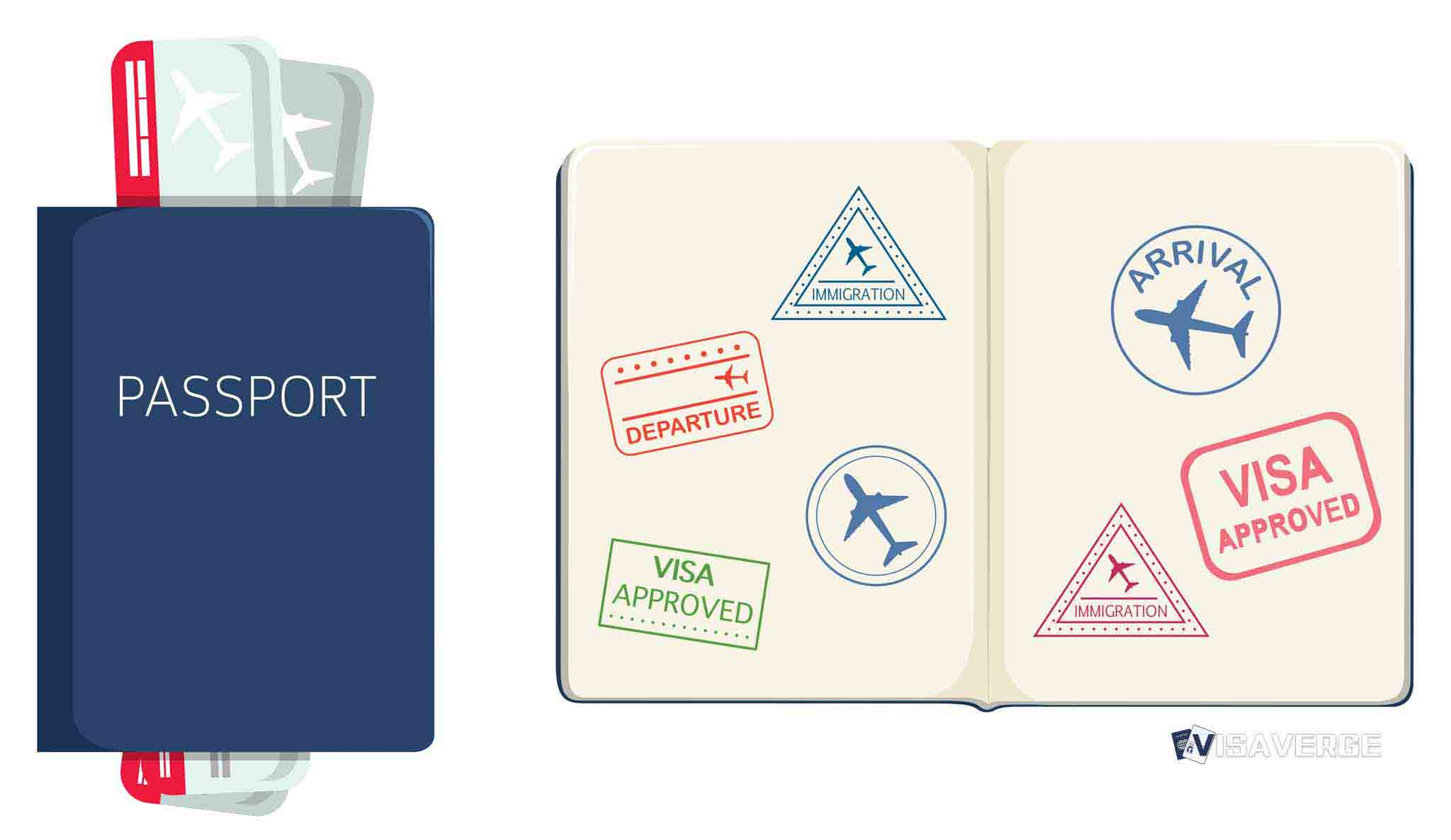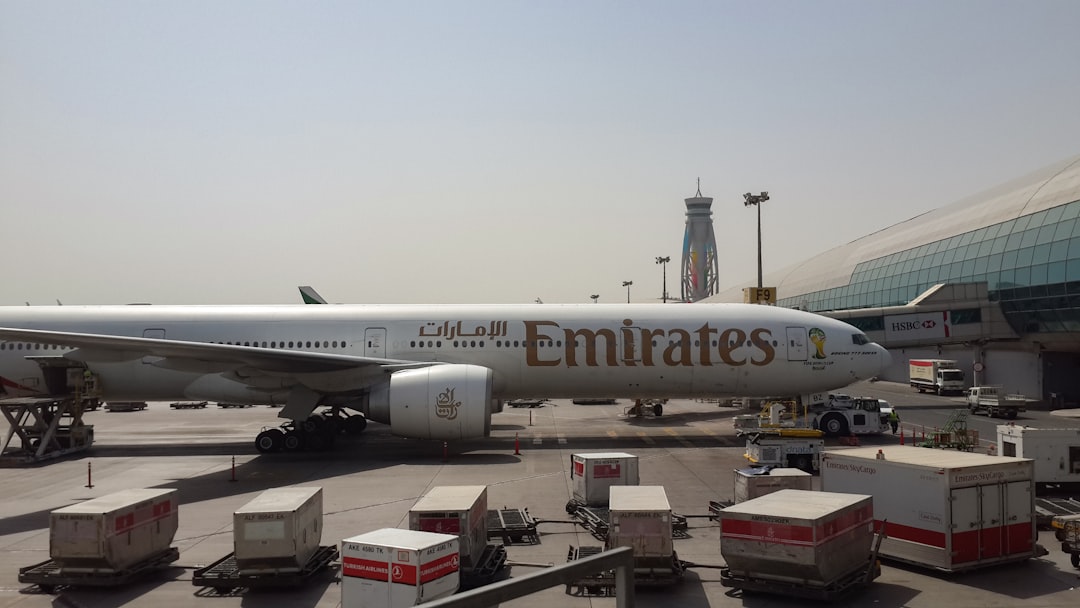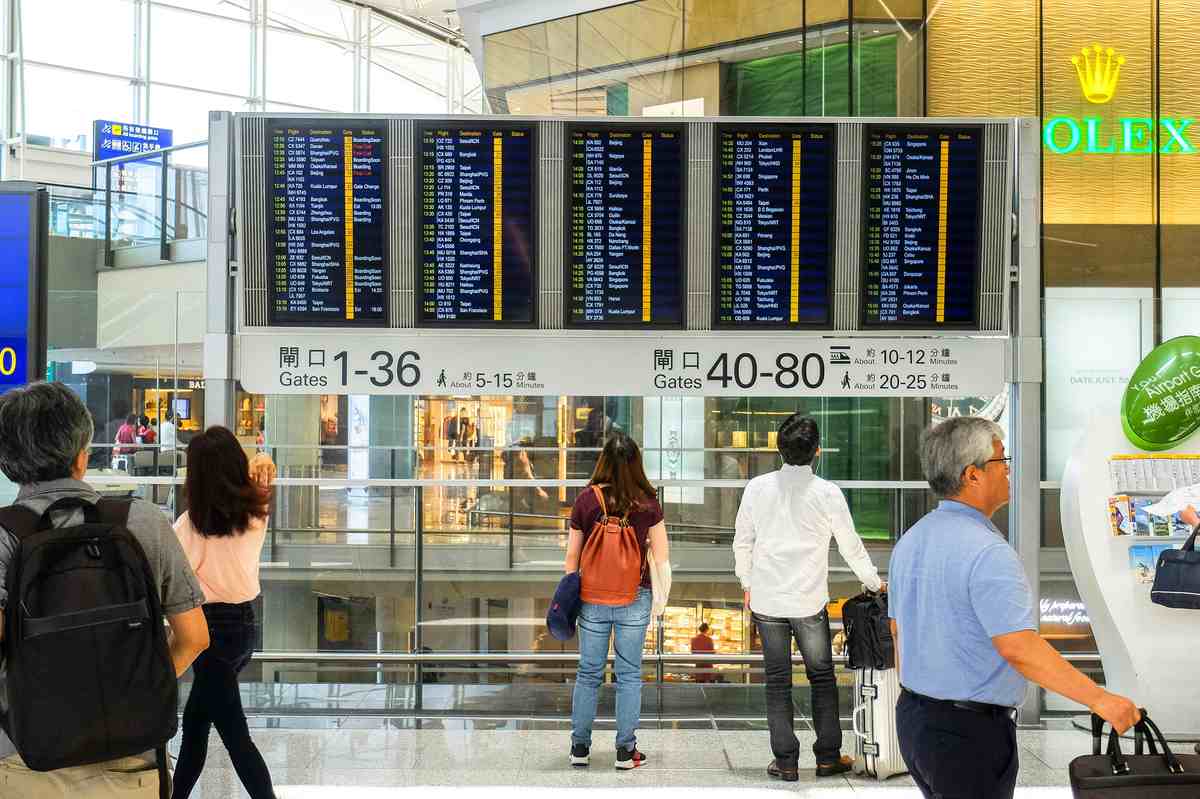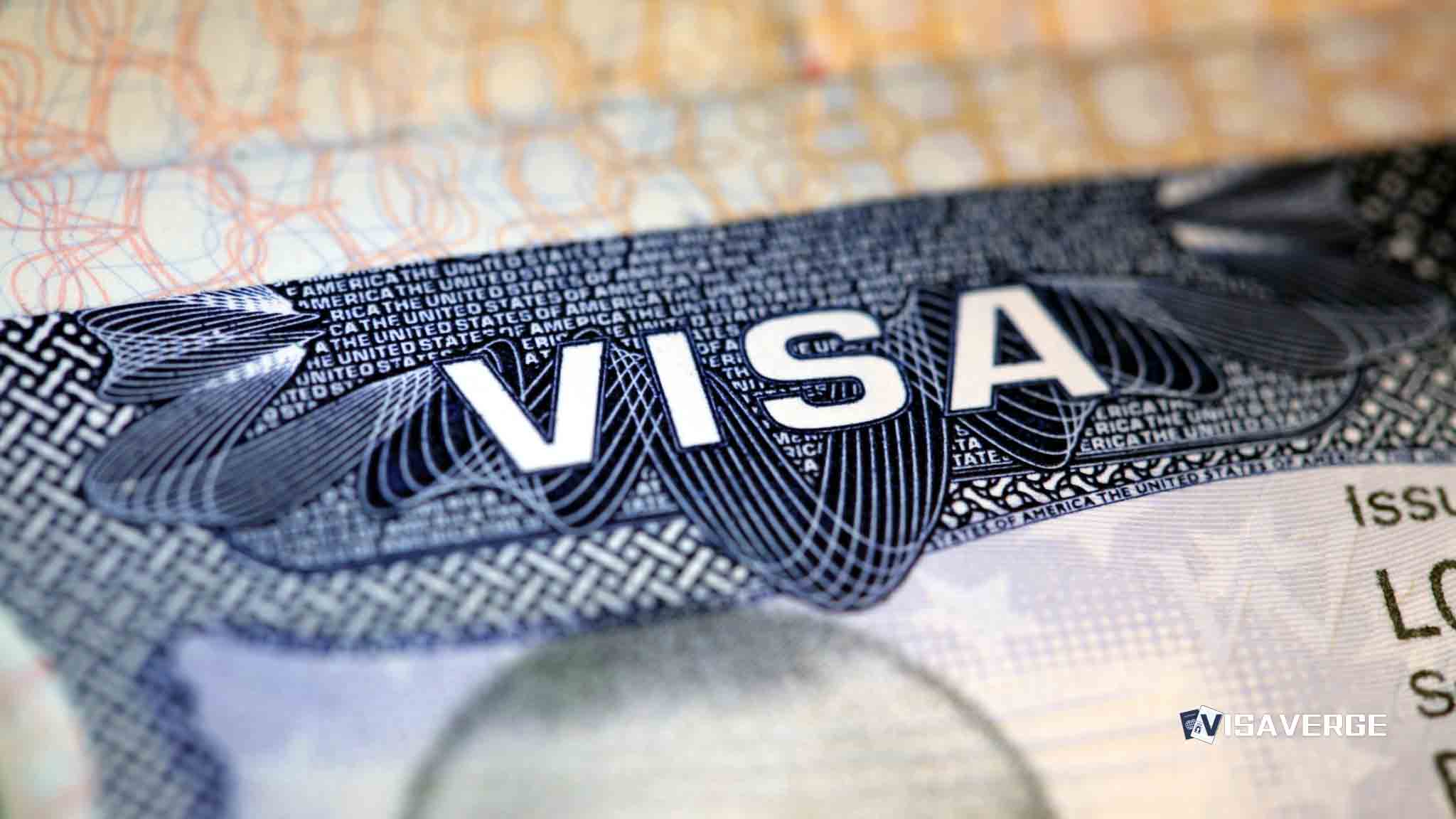What Are the Main Differences Between a Passport and a Visa?
When planning to travel internationally, it’s crucial to understand the distinctions between two essential travel documents: the passport and the visa. While they both facilitate international travel, their purposes and requirements significantly differ. A common misconception is that a passport and a visa are interchangeable. However, this is not the case, and knowing their distinct roles can streamline your travel preparations.

What Is a Passport?
A passport is a primary travel document issued by your country of citizenship. It serves as official government-approved identification internationally and is obligatory for entering most foreign countries. Typically, a passport includes your photo, name, and date of birth, and is valid for a period ranging from 5 to 10 years, depending on the issuing country.
What Is a Visa?
A visa, on the other hand, is a conditional authorization granted by a country to a foreigner, allowing them to enter, remain within, or to leave its territories. Visas are typically attached to a passport and specify the reasons for the visit, such as tourism or business. Unlike a passport, a visa does not serve as an identity document. The requirements and validity of visas can vary dramatically, from a few days to several months, and they are issued by the prospective country of visit.
| Aspect | Passport | Visa |
|---|---|---|
| What is it? | A travel document that identifies you as a citizen of your country. It includes your photo, name, date of birth, and nationality. | An official stamp or sticker placed in your passport that gives you permission to enter, leave, or stay in a specific country for a particular purpose. |
| Issued by | Your home country’s government or the national passport agency. | The government or consulate of the country you wish to visit. |
| Purpose | To verify your identity and nationality to other nations and allow you to travel internationally. | To regulate and control the entry and stay of foreigners in a country for tourism, business, study, work, etc. |
| Validity | Passports are generally valid for 5 to 10 years, depending on the issuing country. | Visas can range from short-term (days or months) to long-term (years), based on the visa type and the country’s regulations. |
| Requirement | Required when entering and leaving countries. It acts as a necessary travel document. | Required by some countries for entry. The need for a visa can depend on your nationality, purpose of visit, or length of stay. |
| Types | Regular, Diplomatic, Official, Emergency, and others depending on the purpose of travel and status of the holder. | Tourist, Transit, Business, Student, Work, Immigrant, and others tailored to the specifics of your visit. |
| How it is obtained | You must apply through your country’s passport office, usually with proof of citizenship and identity (e.g., birth certificate, ID). | You apply through the embassy or consulate of the country you want to visit, often providing details about your trip, financial status, and reasons for visiting. |
| Appearance | A physical booklet (or sometimes a card) with security features like watermarks and electronic chips. | Typically a stamp or a sticker inside your passport. Some countries issue electronic visas linked to your passport number. |
When Is a Visa Not Required?
It’s important to note that a visa is not always a requisite for entering another country. Thanks to visa agreements or visa facilitation agreements between certain governments, citizens of those countries can travel visa-free. This ease of movement between countries encourages tourism and strengthens international relationships.
What Types of Passports Are There?
Depending on your travel needs, several types of passports are issued:
- Regular Passport: Most commonly issued, suitable for vacation and standard business trips.
- Service Passport: Issued for government officials traveling abroad on official duties.
- Diplomatic Passport: For diplomats and their dependents, facilitating international travel for state missions.
- Emergency Passport: Issued in a situation where your original passport is lost or stolen.
- Collective Passports: For group travels, such as a team of students on a school trip.
- Family Passports: Used to be issued for the whole family traveling together, though they have become less common.
What Are Other Travel Documents?
Besides standard passports, there are specific travel documents for particular groups or situations:
- Refugee Travel Document: For individuals under refugee status unable to use their national passport.
- Interpol Travel Document: Helps Interpol officers travel internationally with more ease.
- Certificate of Identity: Issued to non-citizen residents who do not have a nationality.
- Travel Permits: Specific agencies provide travel permits like the Japan re-entry permit or the US re-entry permit to facilitate the re-entry of residents from travel abroad.
Understanding Different Visa Types
Given the purpose of your travel, you might need to apply for one of several types of visas:
- Tourist Visa: Generally for short visits to experience a country’s tourism offerings.
- Transit Visa: Allows travelers to pass through the country for a brief period en route to another destination.
- Business Visa: For individuals engaging in commerce in a foreign country.
- Medical Visa: Issued for traveling abroad to receive medical treatment.
- Student Visa: For students planning to undertake a full-time study course in a foreign country.
- Work Visa: Granted to those who are employed in a foreign country.
- Working Holiday Visa: Permits work while on holiday, typically issued to young travelers.
- Pilgrimage Visa: For those undertaking travel for religious purposes.
- Retirement Visa: Issued to retirees who want to live abroad.
- Immigrant Visa: Allows individuals to take up permanent residency in a foreign country.
For more detailed information on visa requirements and the application process, visiting the U.S. State Department’s travel website can provide valuable guidance.
Understanding ‘Passport vs Visa’ and knowing whether a visa agreement allows you to travel internationally without a visa is crucial for hassle-free international travel. By familiarizing yourself with the types of documents you may need and their specific purposes, you can ensure a smoother, more enjoyable travel experience. Whether you’re traveling for leisure, work, or study, being prepared with the correct documentation is the key to a successful journey.
Learn Today:
1. Passport: A primary travel document issued by your country of citizenship, containing essential identification information such as your photo, name, and date of birth. A passport is mandatory for international travel and serves as official government-approved identification.
2. Visa: A conditional authorization issued by a country to a foreigner, permitting entry, stay, or exit from its territories for specified reasons like tourism, business, or study. A visa is distinct from a passport and is usually affixed to it, indicating the purpose and duration of the visit.
3. Visa-Free Travel: Refers to the scenario where certain countries have agreements that allow citizens to travel between them without the need for a visa. This benefits tourism and international relations by facilitating ease of movement.
4. Refugee Travel Document: A travel document issued to individuals under refugee status who are unable to use their national passports. This document enables refugees to travel internationally while ensuring their legal status is recognized.
5. Immigrant Visa: A type of visa that permits individuals to establish permanent residency in a foreign country. Immigrant visas are different from temporary visas and often involve a more complex application process, leading to long-term settlement in the destination country.
This Article In A Nutshell:
Understanding the difference between a passport and a visa is vital for international travel. Passports, for identification, are issued by a citizen’s home country, while visas allow entry to foreign nations. Visa types vary based on travel purpose, but some countries exempt travelers through visa agreements. Knowing these distinctions greatly aids travel planning.
— By VisaVerge.com
Read More:
-
Exploring Global Mobility: 150 Visa-Free Countries for Canadian Passport Holders
Read Details -
Insights on Visa Validity: Does Your Tourist Visa Expire With Your Passport?
Learn More -
Travel Dilemmas: What to Do When Your Dog Chews Your Passport in Australia
Find Out Here -
Understanding Travel Documents: How to Find Your Travel Document Number on Visas, Passports, and Green Cards
Check It Out -
Navigating Visa Regulations: Passport Expiration and H1B Visa – Options for Renewing Passport Before Stamping and I-94 Admit Until Date
Explore Now








